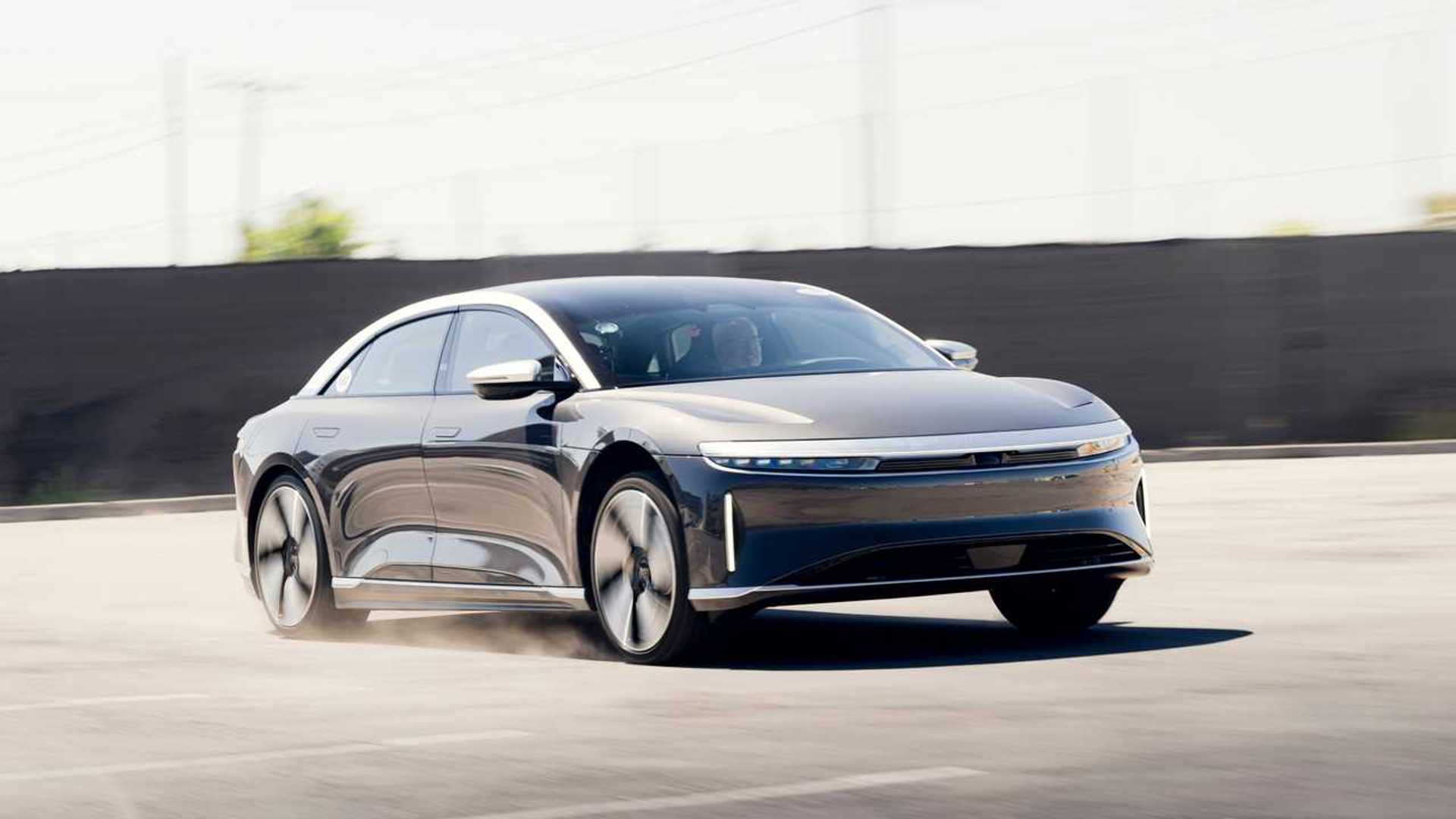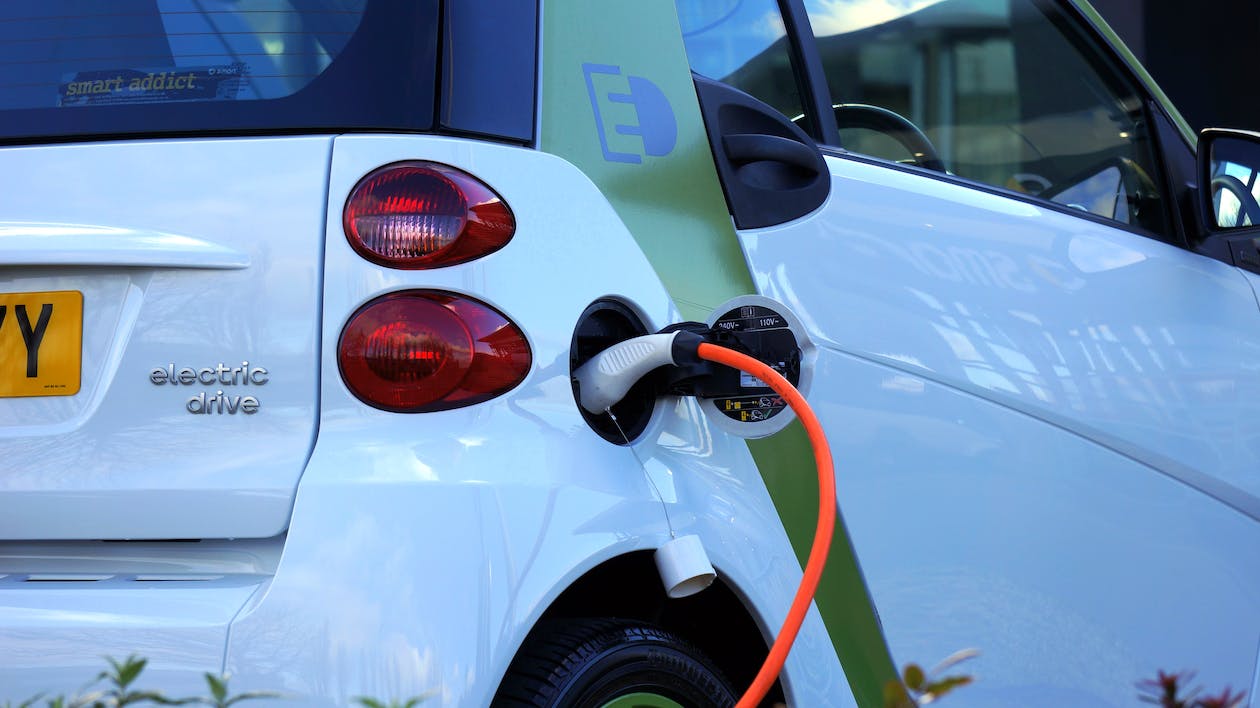At Toyota’s annual general meeting, shareholders voted against a resolution that called for greater transparency in the automaker’s climate lobbying efforts. This marked the first investor proposal to be presented at the meeting in nearly two decades.
Despite concerns raised by prominent U.S. proxy advisers regarding board independence, all 10 members of the board, including Chairman Akio Toyoda, received shareholder support. The specific breakdown of the votes will be disclosed on Thursday.
The climate resolution, put forth by Danish pension fund AkademikerPension and two other European asset managers, aimed to compel Toyota to provide more information about its lobbying activities concerning climate change. However, the resolution was expected to fail as the company’s board had advised shareholders to vote against it. Toyota’s management typically enjoys strong support from its shareholders, including its group companies and suppliers.
Nevertheless, the resolution drew attention to Toyota’s electric vehicle (EV) strategy and governance in the lead-up to the meeting, which marked the first under new CEO Koji Sato. Green investors and activists have criticized Toyota for being slow to capitalize on the growing popularity of battery-electric vehicles.
Several influential U.S. funds, including the prominent public pension fund CalPERS, expressed support for the climate resolution and opposed the re-election of certain board members, including Toyoda.
Toyoda, who is the grandson of the company’s founder, was re-elected with 96% support last year.
The shareholder meeting took place shortly after Toyota unveiled an ambitious roadmap for EVs, featuring solid-state batteries and significant production changes. This signaled the company’s strong intention to capture a substantial share of the EV market. As a result, Toyota’s shares rose by 6.3% on the day, following a significant increase the previous day, marking the stock’s best two-day performance in over three years.
Toyota maintains that EVs are just one aspect of its multi-pathway approach to achieving carbon neutrality, which includes petrol-electric hybrids and hydrogen fuel cells. The company argues that its approach is more effective in reducing carbon emissions and more practical, considering the varying needs of consumers, EV infrastructure, and clean energy supply across different countries.
Toyota asserts that its board adheres to governance standards set by the Tokyo Stock Exchange and has justified Toyoda’s re-nomination by emphasizing his commitment to transforming the company into a provider of diverse mobility services.
Japanese investors, particularly concerning environmental, social, and governance (ESG) matters, have increased pressure on Japanese companies. This year, shareholders have submitted a record number of proposals at annual meetings.
One individual shareholder, Tadashi Imai, a 61-year-old who has held Toyota stock for approximately a decade, expressed his support for Toyoda, stating that the previous day’s share price increase, prompted by the roadmap announcement, was impressive.
Proxy adviser Glass Lewis recommended voting against Toyoda, citing his alleged responsibility for insufficient board independence.
Another shareholder, 67-year-old Hiroshi Ii, who has owned Toyota shares for 14 years and attended the meeting in Toyota City from Tokyo, voted against the climate resolution but in favor of the board. He expressed hope that Toyoda could provide support for the new CEO, Sato, to ensure management stability.
Toyota has also disclosed its development of an EV platform aimed at reducing costs, which includes an assembly line that eliminates the traditional conveyor belt system used in auto production for over a century.







